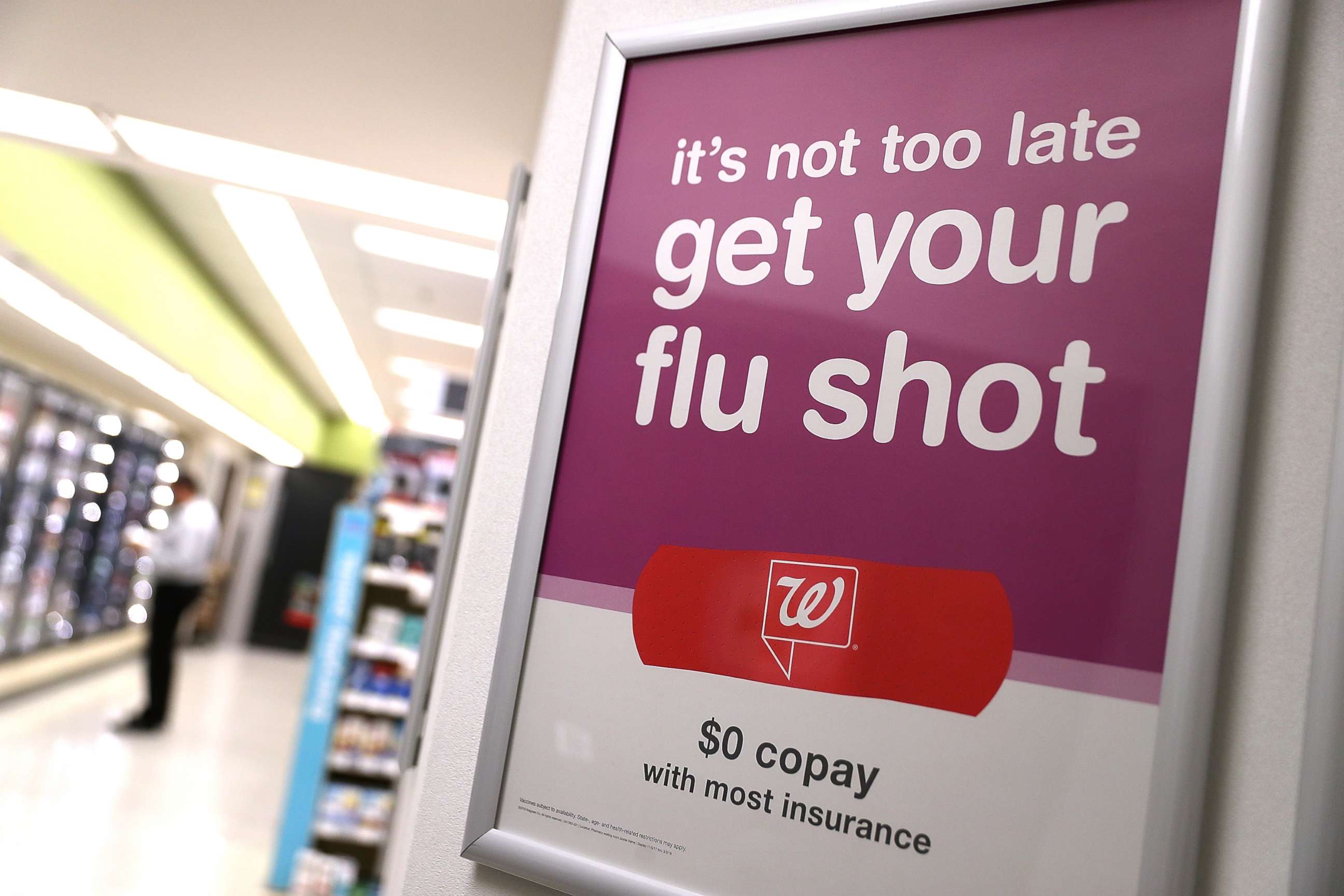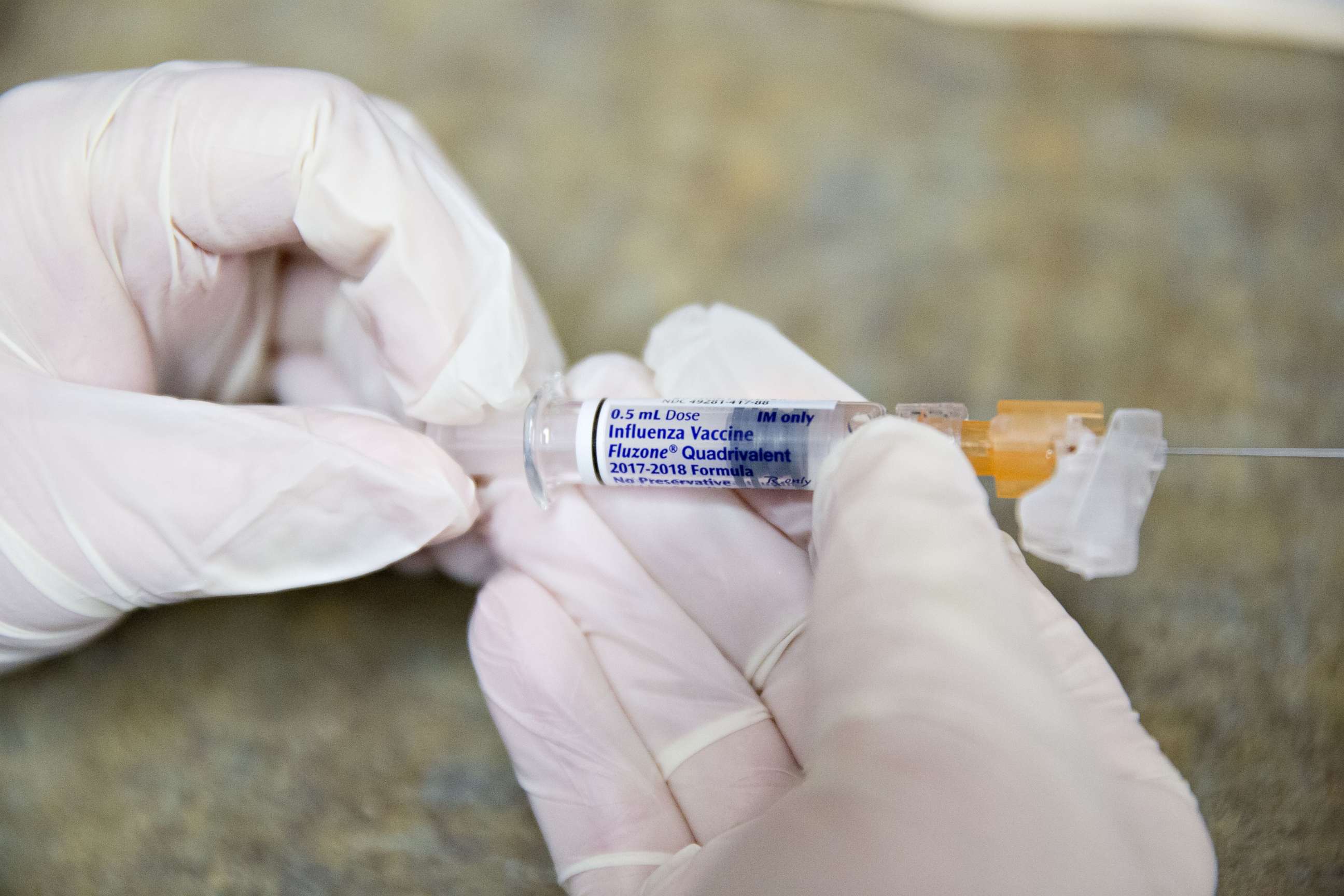FDA already working on vaccines for next flu season amid this year's nightmare
The agency's work is never done.
— -- Still reeling from this year’s nightmare flu epidemic, the U.S. Food and Drug Administration has already begun work on next season's vaccines, according to commissioner Scott Gottlieb.
"We're already partnering with other public health agencies to conduct essential work," Gottlieb said in a statement released Monday.
The FDA, along with U.S. Centers for Medicare and Medicaid Services, will study millions of flu cases from this year. Part of the process will be understanding why this year's vaccine was less effective against influenza A, the common cause of flu-related illnesses this season.

"By looking closely at the available data and applying the lessons we learn each flu season to the vaccine development process, we offer the greatest chance of developing vaccines that even more effectively prevent the flu in the future," Gottlieb said.
Patients who received a vaccine this year were 25 percent less likely to become sick from influenza A, this year's deadliest strain, according to the FDA.
This was almost a 20 percent decrease in effectiveness from last year, according to data from the Centers for Disease Control and Prevention.

Although CDC data are showing a decline in doctor visits this year, many Americans may still be dealing with the flu into April, Gottlieb said.
"We must continue to be diligent in doing our part to prevent the spread of flu however possible," he added, "including remembering to wash your hands frequently and staying home when you are sick."
U.S. health officials Friday said fewer visits to the doctor the previous week — 1 out of 16 — were for fever, cough and other flu symptoms than during the previous two weeks, according to The Associated Press. The number of states reporting high patient traffic for the flu also dropped, to 39 from 43.
Officials at the Centers for Disease Control and Prevention say they're cautious about saying the flu season has peaked but called the downturn encouraging. Flu usually peaks in February.
This season started early and surged for months. It has been driven by a formidable type of flu that tends to cause more hospitalizations and deaths.
The Associated Press contributed to this report.




